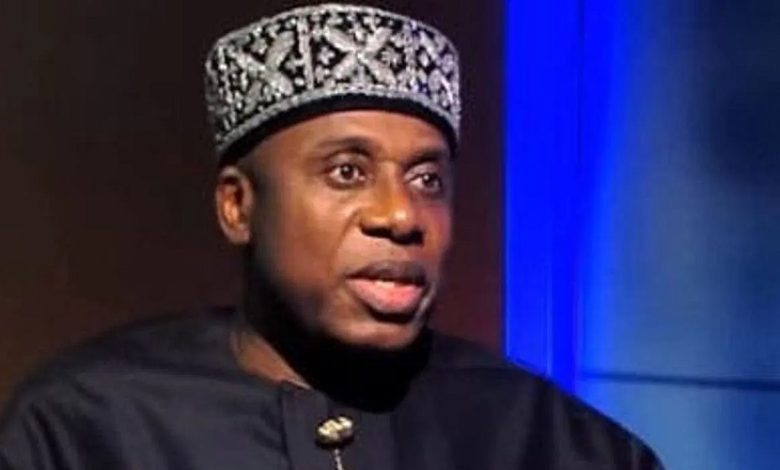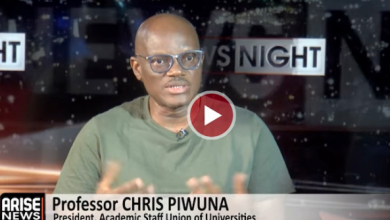Abductions at Niger School Cast Harsh Light on Nigeria’s Security Gaps By Chibuike Rotimi Amaechi

In a tragic turn of events that unfolded just hours after the world celebrated World Children’s Day on November 20, a day dedicated to the protection and well-being of young people armed assailants stormed St. Mary’s Catholic Primary and Secondary Schools in Papiri, Niger State.
The attackers abducted pupils and teachers and left a security guard with gunshot wounds.
Appeals continue to pour in for the guard’s recovery and for the safe return of all those taken, as families grapple with the sudden collapse of their sense of security.
The raid comes on the heels of another disturbing incident: the abduction of young girls from Maga community in Kebbi State earlier in the week.
Together, the attacks underscore what security observers describe as a widening pattern of assault on soft targets across the country, schools, places of worship, farms and key highways.
This renewed wave of violence has drawn further scrutiny because it coincided with the overseas travel of several senior security officials, including the Minister of Defence, the National Security Adviser, the Inspector General of Police and the Chief of Defence Staff.
While international engagements are often necessary, critics argue that reactive statements issued after each tragedy cannot substitute for visible, coordinated and preventive security action at home.
UNICEF estimates that Nigeria already has more than 18 million children out of school, more than any other country in the world.
Each attack on a place of learning pushes that number higher, not only by disrupting education but by fuelling widespread fear that schools are no longer safe.
Families often keep children at home long after the violence subsides, deepening the long-term educational and economic consequences.
When classrooms become battlegrounds, experts warn, the nation’s future workforce, stability and development prospects are imperiled.
A country cannot build for tomorrow if its young people are too frightened to prepare for it.
Nigeria has, on paper, several strategies designed to prevent such tragedies.
The Safe Schools Declaration, endorsed by the Federal Government in 2018, was created to help secure educational institutions, with an initial N16 billion allocated in 2022 to jump-start the programme.
However, under the current administration, the initiative has seen little funding or implementation.
Education advocates say the government cannot credibly claim to prioritise school safety while leaving a key national security framework idle.
Against this backdrop, calls are growing for comprehensive national coordination rather than piecemeal responses.
Analysts point to the National Council of State as a ready-made constitutional platform that brings together former presidents and other senior leaders to provide guidance in moments of national distress.
The council, they argue, is far from ceremonial; it was designed for crises precisely like the current one.
Political leaders have also been reminded that leadership is inseparable from responsibility. In 2022, the now-president, then a candidate declared it was his “turn” to serve the nation.
Commentators now insist that if it is anyone’s turn, it is the turn of Nigerian children to be protected while they pursue an education that will shape the country’s future.
Authority, they say, is validated not by slogans but by the government’s ability to guarantee safety, particularly for the most vulnerable.
Security experts stress that military might alone cannot end the cycle of violence. When communities lack viable livelihoods, they warn, criminal economies take root.
A lasting solution must therefore combine strong security operations with economic opportunity, social dignity and restored trust in government institutions.
Nigeria, they argue, still possesses the intelligence networks, security agencies and human capital needed to defend its citizens, the pressing question is whether national leaders will deploy these assets with the urgency and discipline the moment demands.
— By Chibuike Rotimi Amaechi was the former governor of Rivers State. And A minister of transport under Buhari’s regime



